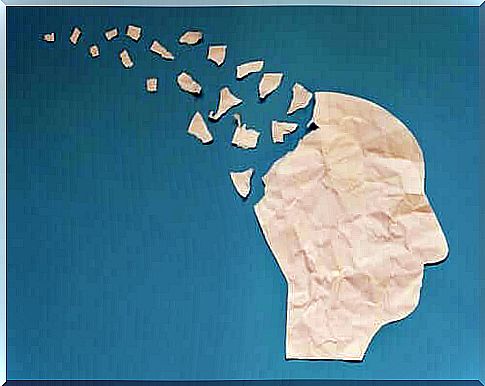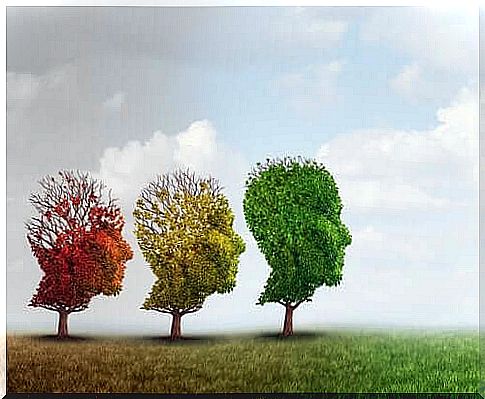Acquired Brain Injury From A Neuropsychological Perspective

Acquired brain injury is a brain injury that occurs on the brain after birth. It can be caused by many factors, such as a traumatic brain injury as a result of a car accident, brain tumor, a stroke, and more.
The main consequence of acquired brain damage is that one loses previously developed brain functions. These functions involve the motor and sensory systems, cognitive function and communication skills, as well as the ability to regulate one’s behavior and emotions.
That said, a common characteristic of patients affected by acquired brain injury is that they lose all functional independence, resulting in disability. This overloads those closest to the patient with responsibility and stress.
Neuropsychology and acquired brain injury
Neuropsychological rehabilitation uses three basic tools or strategies when it comes to patients affected by acquired brain injury:
- Recovery or restoration: Through the stimulation of exercising the affected functions.
- Compensation: Through the use of other functioning cognitive functions to complete a task originally performed by the affected brain functions.
- Substitution: This refers to the use of aids or external mechanisms to be able to effectively complete a task.
The main goal of these three classic strategies is to get the patient to resume their daily activities in the most productive and satisfying way possible.

What cognitive functions can be affected after an acquired brain injury?
Higher brain functions such as reasoning, memory and attention, are crucial for us to be able to live an independent life. We use our cognitive functions constantly every day. Our brains use different cognitive properties to cook, drive, or attend meetings. It does this by activating different parts of the brain halves to a greater or lesser degree.
Here are the basic cognitive functions:
- Orientation: This allows us to be aware of ourselves and the context in which we are at a particular moment. It is important to remember that there are three parameters that assess our orientation: personal, spatial and timely.
- Attention: It is the state of observation and alertness that allows us to be aware of what is going on in our environment. It is important to remember the five different processes this feature involves: selective attention, sustained attention, shared attention, treatment rate, and neglect.
- Executive Functions: These are complex mental activities that are used to plan, organize, guide, review, and evaluate the behaviors we need to adopt so that we can adapt to our surroundings and achieve our goals. Among the executive functions we find, among other things, working memory, planning and flexibility.
- Language: There are different language processes that an acquired brain injury can have a major impact on. These include vocabulary, expression and comprehension.
- Memory: This is the ability we have to code, store and retrieve already stored information or an event we have experienced. We can distinguish between episodic memory, semantic memory and procedural memory.

Behavior modification and psychotherapy are also important
During the process of neurological rehabilitation, there are some techniques in clinical psychology that are often used by specialists:
- Treatment therapy or behavior modification: This includes classical conditioning, instrumental conditioning and deputy learning. Their goal is to analyze and manipulate stimuli and responses to consequently improve appropriate behaviors and eliminate those that are maladapted. Psychologists use them to intervene in behavioral changes such as aggression, irritability, and other unwanted behaviors.
- Cognitive therapy: This is based on the idea that the way the individual perceives and interprets different experiences is actually what determines their behavior and emotions. Therefore, cognitive reconstruction attempts to modify these cognitions to change the behavior and emotions of the individual.
- Psychotherapy: This includes interpersonal interventions that focus on the psychological aspects of brain damage, emotional and personality changes or self-awareness changes.
These procedures have been shown to be effective in various patients affected by acquired brain injury.
In conclusion, specialists view neuropsychological rehabilitation as a useful tool for improving the basic cognitive functions of patients with acquired brain injury.









